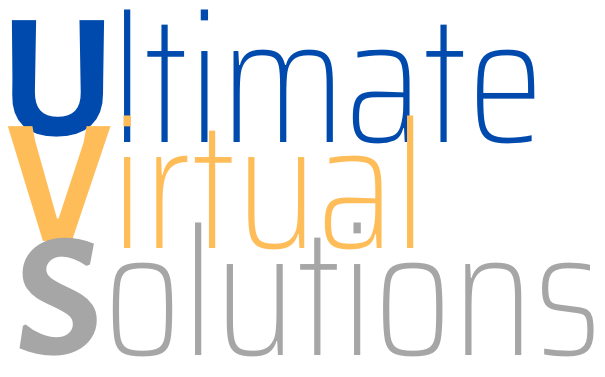Copyright is a legal concept, enacted by governments, giving the creator of an original work of authorship exclusive rights to it, usually for a limited time, after which the work enters the public domain. Generally, it is "the right to copy", but usually provides the author with other rights as well, such as the right to be credited for the work, to determine who may adapt the work to other forms, who may perform the work, who may financially benefit from it, and other, related rights. It is an intellectual property form (like the patent, the trademark, and the trade secret) applicable to any expressible form of an idea or information that is substantive and discrete.
Copyright has been internationally standardized, lasting between fifty to a hundred years from the author's death, or a finite period for anonymous or corporate authorship. Some jurisdictions have required formalities to establish copyright, most recognize copyright in any completed work, without formal registration. Generally, copyright is enforced as a civil matter, though some jurisdictions do apply criminal sanctions.
Most jurisdictions recognize copyright limitations, allowing "fair use" exceptions to the author's exclusivity of copyright, and giving users certain rights. The development of the Internet, digital media, computer network technologies, such as peer-to-peer file sharing, has prompted reinterpretation of these exceptions, and has introduced new difficulties in enforcing copyright, and has inspired additional challenges to copyright law's philosophic basis. Simultaneously, businesses with great economic dependence upon copyright have advocated the extension and expansion of their copyright, and sought additional legal and technological enforcement.
Discover more from Ultimate Virtual Solutions
Subscribe to get the latest posts sent to your email.

